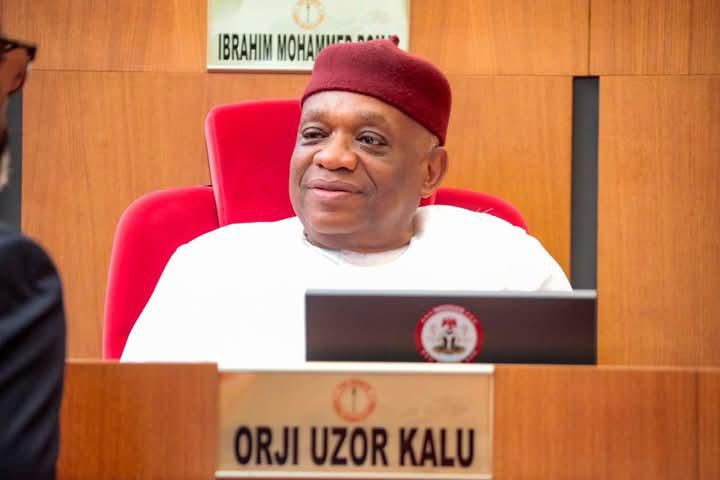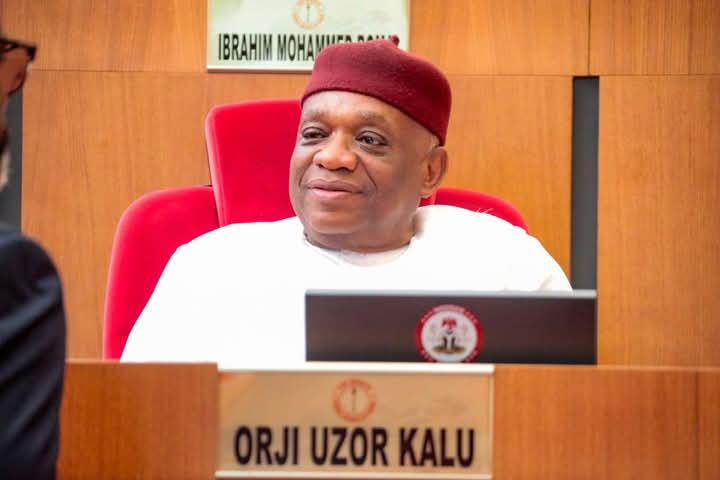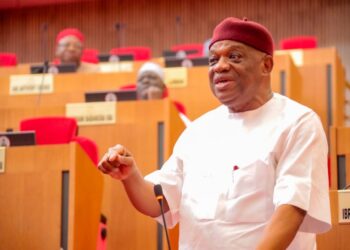- By Rubby Obinna
The re-election of Senator Orji Uzor Kalu in the 2023 National Assembly elections came as a surprise to many observers, especially given the widespread popularity of the Labour Party and the Obidient movement in Abia State and the South-east region.
However, residents of Abia North Senatorial Zone say their vote reflected deep appreciation for Kalu’s track record and dedication to the development of the area.
For the first time in the history of Abia North, Kalu’s tenure as a senator saw unprecedented infrastructural projects, including the construction and rehabilitation of roads, installation of solar-powered street lights, scholarship programs, and the revitalization of schools.
These initiatives built on his previous eight-year tenure as Governor of Abia State from 1999 to 2007, during which he undertook significant development works.
One young influencer from Abia North, initially critical of Kalu’s legacy, changed her perspective after a detailed discussion and confirmation from community leaders. She initially believed that Kalu had failed as governor, accusing him of neglect and corruption.
But after learning about key projects such as the construction of roads to her hometown, free healthcare programs, and educational reforms, she acknowledged his impactful leadership.
“Kalu’s administration built the only road leading to my community,” she admitted after consulting with elders and community leaders.
She also mistakenly thought Kalu was related to his successor, Chief Theodore Orji, before confirming they were not related, debunking common misconceptions in the area.
Kalu’s achievements as governor include the construction of the Abia State University Teaching Hospital, significant road networks in Aba and Umuahia, and major educational reforms that improved access to free education and upgraded school facilities across the state.
His administration also delivered major infrastructure such as the Okpara Auditorium, Aguiyi-Ironsi Conference Centre, and multiple housing estates.
As a senator, Kalu has continued his focus on development, facilitating the construction of over 70 rural roads, installing solar street lights in more than 150 communities, and supporting educational scholarships, particularly in medicine.
Notably, Kalu’s approach to governance emphasized sustainable development and responsive representation, contrasting with the typical patronage-driven politics common in the place.
Observers say Kalu’s success demonstrates the power of tangible achievements and sustained community engagement in securing electoral support, even against the backdrop of rising youth-driven political movements like the Obidient wave.
Political analysts suggest that Kalu’s model of leadership—marked by infrastructural regeneration, education investment, and healthcare improvements—offers a replicable blueprint for other leaders seeking to build lasting legacies.
For Press Release, Tip-off, Sponsored Post Contact Us: Whatsapp: (234)7038111972 | Email: info@abacitybloq.com
















